| A recent article by NPR (National Public Radio) is so good that I would repost it here exactly as it is with a suggestion to read it. It’s very short – written for regular people on the topic of rising public awareness of food as medicine. |
Doctors and nutritionists at some of those institutions want to help educate mothers and shoppers to prevent or contain illnesses like diabetes and asthma, which are on the rise in America.
Many illnesses are connected to our autoimmune systems – and food is one of the factors impacting our immune systems – with inflammation and allergic reactions to chemicals or hidden substances in our food.
To improve the health of our immune systems, it is important to reduce processed foods (food in a box, bottle, or can) that contain chemicals to extend shelf life -- and eat fresh fruits and meats as much as possible. Eating organic is even better – plants without chemical fertilizers; animals raised without injections of medicines, such as antibiotics that damage their intestinal biomes – used to fatten them up quickly and increase weight and market value.
So click the link and see what NPR has to say about what's happening in the community of food and eating – since one small message can make all the difference in solving problems and improving our lives.
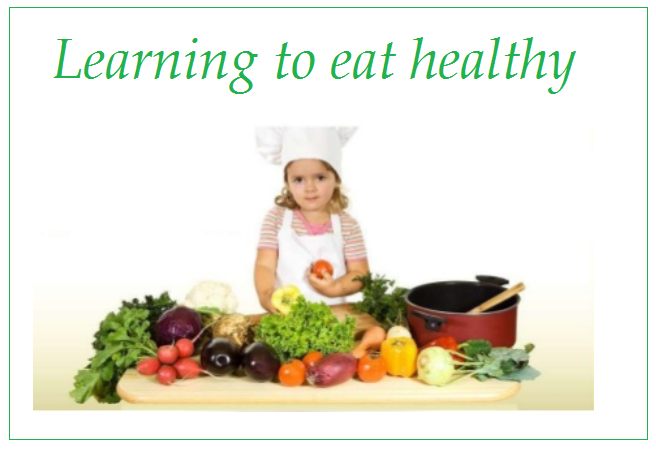
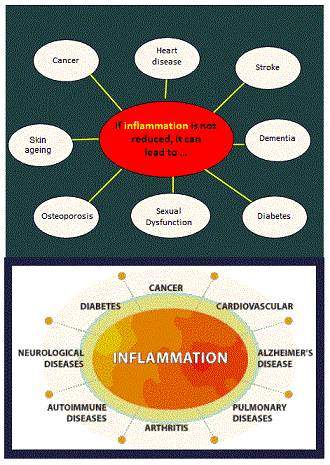

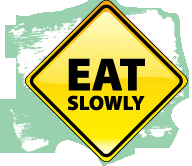
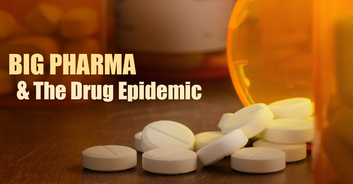




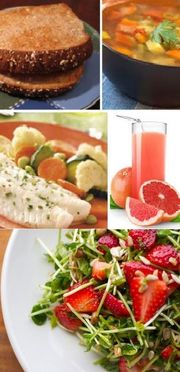
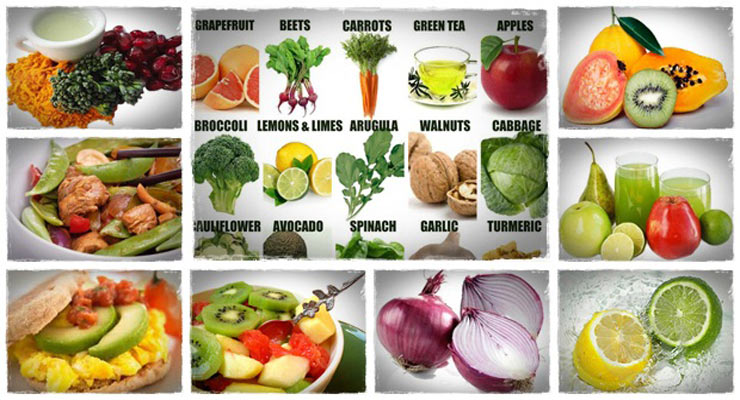

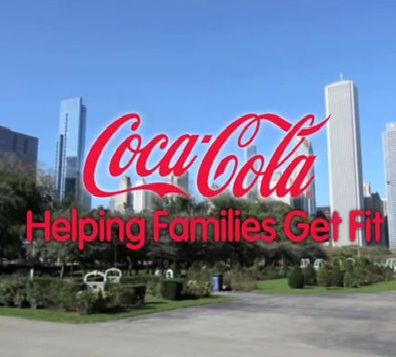

 RSS Feed
RSS Feed
